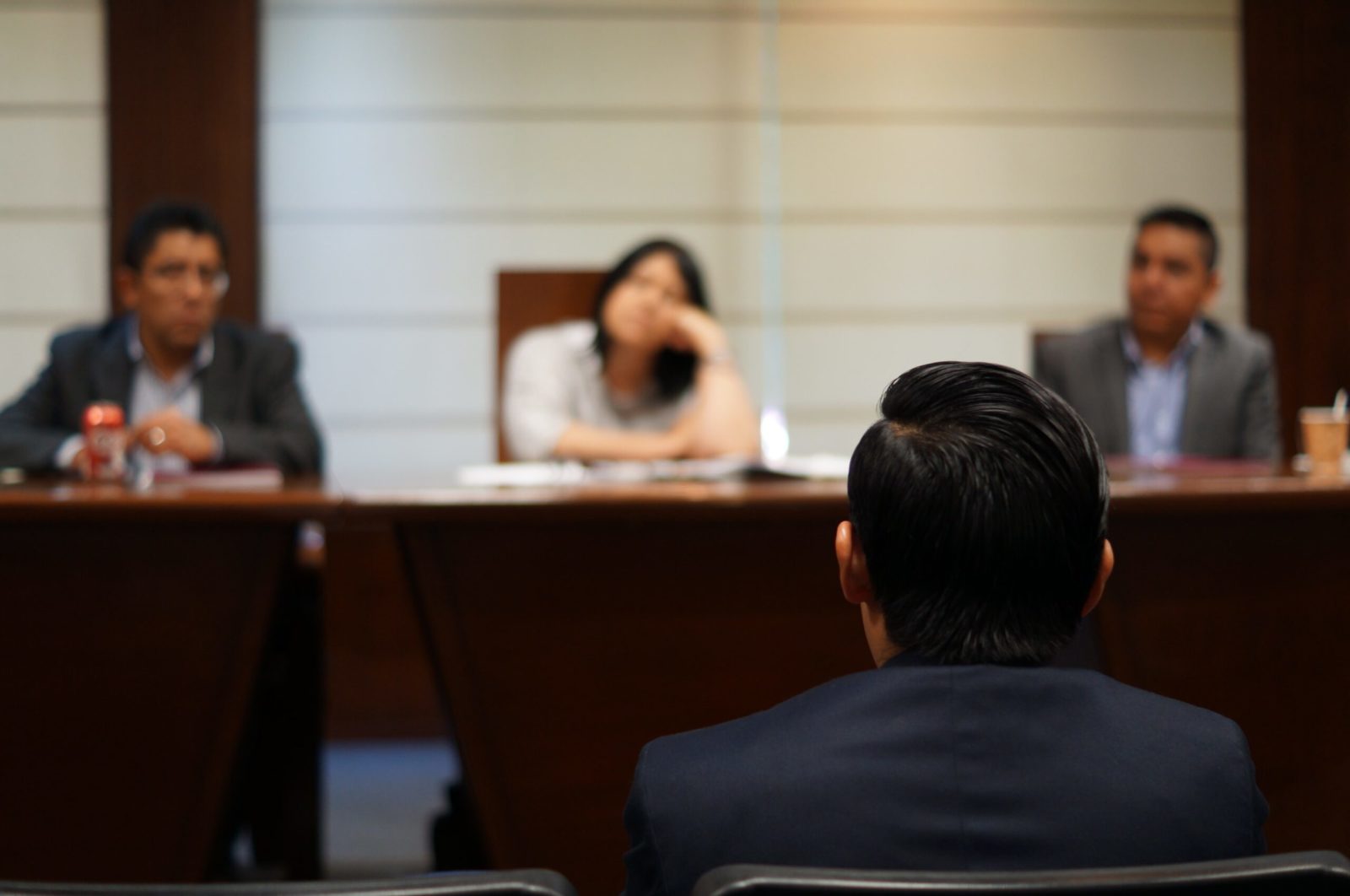While we think it is always best if both parties reach a settlement and do not need to go to trial, this does not happen in every case. When you file your family law case in a King County, Washington Superior Court, the court automatically issues an order setting the deadlines in your case, more commonly known as a “case schedule”. It is very important to follow all the deadlines in your case schedule.
One of the requirements of the case schedule is to file a list of witnesses. This is your opportunity to list all witnesses you want to testify if your case goes to trial. If you do not submit the witness list by the deadline, you may be prohibited from calling any witnesses at trial.
It is important to think carefully about which witnesses to include on your list. You do not have to call all the witnesses you list but you cannot call someone not on your list. Therefore, when submitting your witness list, include all potential witnesses who you think you may call to testify at your trial, even though you may later decide to not call them for their testimony.
Who should be a witness in your case depends on the facts and the issues of your case. For example, whether there are issues about parenting, property, finances, domestic violence, etc. You can also call an expert witness in your case. An expert witness is a witness that may testify based on their specialized knowledge if their testimony will help to understand the evidence or determine a fact in issue. It can be a financial expert, medical expert, etc. For example, you may call a CPA or a financial analyst as an expert witness if your case involves financial issues that need the expert testimony of a CPA; you may call a psychologist if the case deals with mental health/behavioral issues; you may include a property appraiser if the value of a property is a contested issue in your case.
While the parties can submit their lists of witnesses, a court may limit the testimony that it will accept. A court has the authority to exclude testimony that has a tendency to waste time or cause undue delay. For example, in a family law case, a court may limit the number of witnesses if it thinks that for a party to call more than a couple of witnesses will likely result in repetitive or unhelpful testimony and would then waste the court’s time. If the court limits or excludes evidence, object or challenge the court’s decision in the right way, at the right time. If you do not object properly, you may not appeal it later.
ZafiroLaw Can Help
Your list of potential witnesses may include expert witnesses, lay (non-expert) witnesses, yourself, and the other party. You may also call a witness listed in the other party’s list of witnesses. We can help you select the best possible witnesses to get the best possible outcome for your case. Contact us today to set up a consultation.


